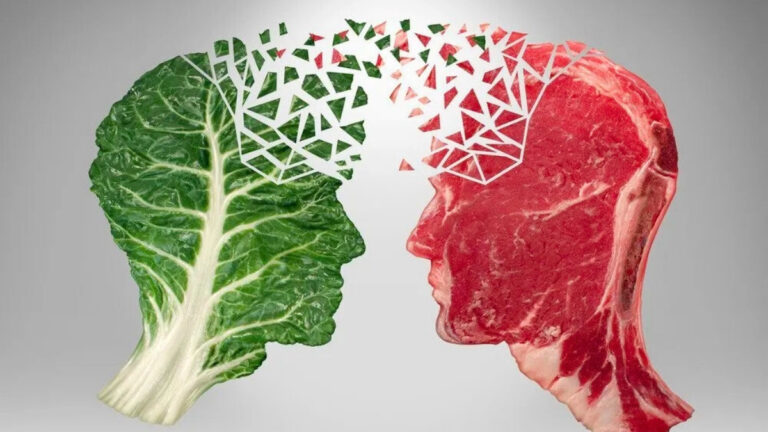What Happens to Your Body When You Switch From a Meat-Based to a Plant-Based Diet?

Within 24 hours of eating your last bite of meat, your body begins a cascade of changes that most people never anticipate—some surprising, some challenging, and many remarkably beneficial.
You’re probably worried about what happens when you stop eating meat. Will you lose muscle? Feel tired all the time? Develop nutritional deficiencies? The internet gives you conflicting answers. One article says it’s dangerous. Another claims it’s a miracle cure. You don’t know if the discomfort you might feel is normal or a red flag.
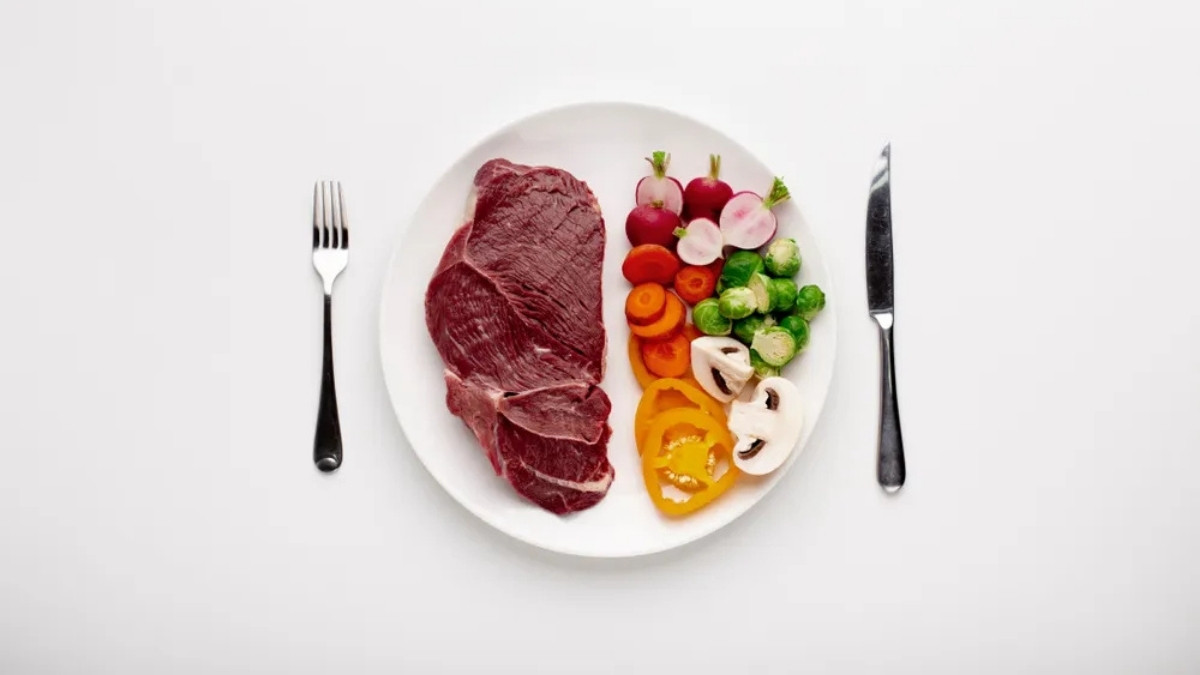
This guide gives you a clear timeline. You’ll learn exactly what happens in the first 24 hours, week one, month one, and beyond when you switch from meat to plant-based diet. We’ll cover which changes are temporary (like week-one fatigue) and which are permanent (like lower cholesterol). You’ll see the science behind each shift.
You’ll also learn how to handle the challenges. When energy dips, what to eat. How to get enough protein. Which supplements you actually need. The plant-based diet effects on body are predictable—and manageable.
The First 24-48 Hours: Immediate Digestive Shifts
You’ve just finished your first full day without meat. Here’s what’s happening inside your digestive system.
Your stomach immediately produces less acid. Meat needs strong stomach acid to break down. Plants don’t. This means plant-based meals leave your stomach 30-40% faster than meat-based meals, according to the Journal of the Academy of Nutrition and Dietetics. You might notice feeling less “heavy” after eating.
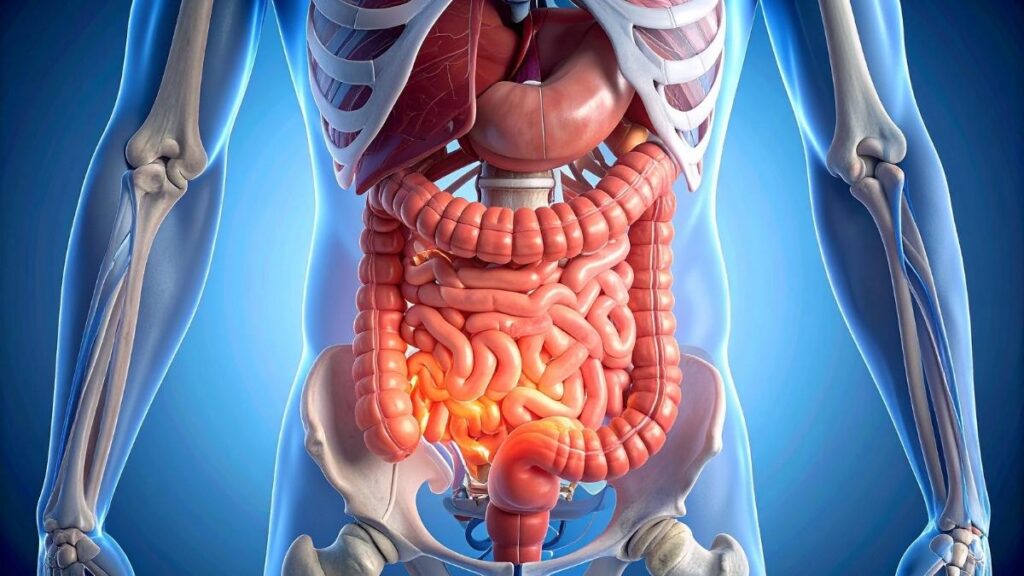
Meanwhile, your fiber intake just jumped. The average American eats only 15g of fiber daily. Plant-based eaters consume 30-40g. Your intestines aren’t used to this. Gas and bloating are normal right now. This is temporary.
At the same time, your gut bacteria are responding to their new food source. They’re starting to adjust to digesting more plants and less animal protein. You’ll likely use the bathroom more often. This is your body adapting, not rejecting the diet.

These digestive changes when transitioning to plant-based diet are completely normal. The discomfort you feel when you stop eating meat isn’t dangerous. Drinking an extra 16 ounces of water daily helps ease this transition.
Week One: Energy Levels and Inflammation Response
By day three, many people wonder if they’ve made a mistake. Here’s why that feeling is temporary.
You’ll likely feel tired around days 3-5. Your body is adjusting to new protein sources. This happens because plant proteins have different amino acid profiles than meat. 68% of new plant-based eaters report fatigue in week one, but 89% report increased energy by week three. You’re not doing it wrong.

As a result of switching from meat, your inflammation levels start dropping fast. C-reactive protein (an inflammation marker) drops by an average of 29% in the first two weeks, according to the Nutrients journal. Your joints might feel less stiff.
Meanwhile, your blood sugar stabilizes. You won’t get those 3 PM crashes anymore. This happens because fiber slows down how fast sugar enters your blood. The plant-based diet effects on body include more steady energy once you adapt.

Your sleep might be weird this week. Some people sleep better immediately. Others toss and turn. Coffee might hit harder because you’re absorbing caffeine differently now. Meat cravings peak around day 5.
Week one is the hardest. Your body is recalibrating, not failing. The energy changes are temporary. Push through.
Weeks 2-4: Gut Microbiome Transformation
The most profound changes are happening where you can’t see them—in your gut.
Your gut bacteria are completely changing. Research from Nature shows the gut microbiome can change within 24 hours of diet change, but stabilizes around 3-4 weeks. Your gut is essentially learning a new language during this plant-based transition.
First, fiber-digesting bacteria multiply fast. Beneficial bacteria like Bifidobacterium increase by 20-30%. These bacteria love plant fiber. They couldn’t thrive when you ate mostly meat.
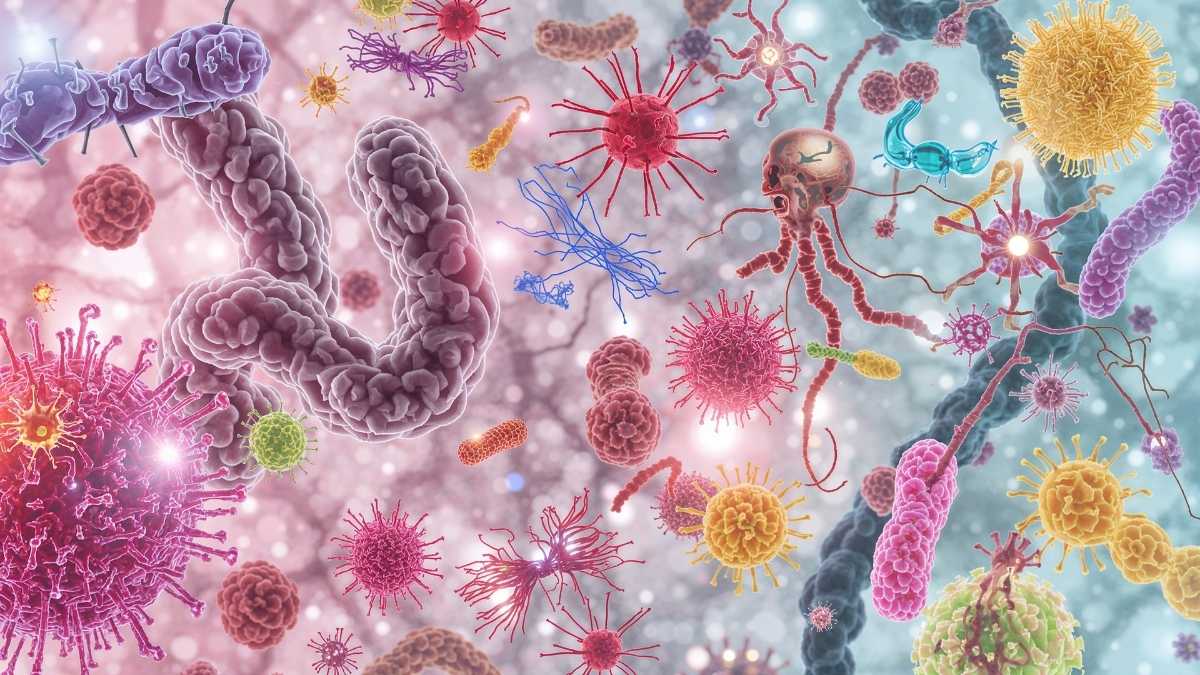
Then, these new bacteria start producing short-chain fatty acids. These are compounds that reduce inflammation and feed your colon cells. Your gut health improves in ways you can measure in blood tests.
By week three, your bathroom habits stabilize. The bloating from week one is gone. You’re regular now. Your skin might break out temporarily as your body adjusts. This clears up fast.
You’ll also notice weight changes. Average weight loss is 5-8 pounds in the first month when you switch from meat to plant-based diet. This is mostly water weight and reduced inflammation, not muscle loss.
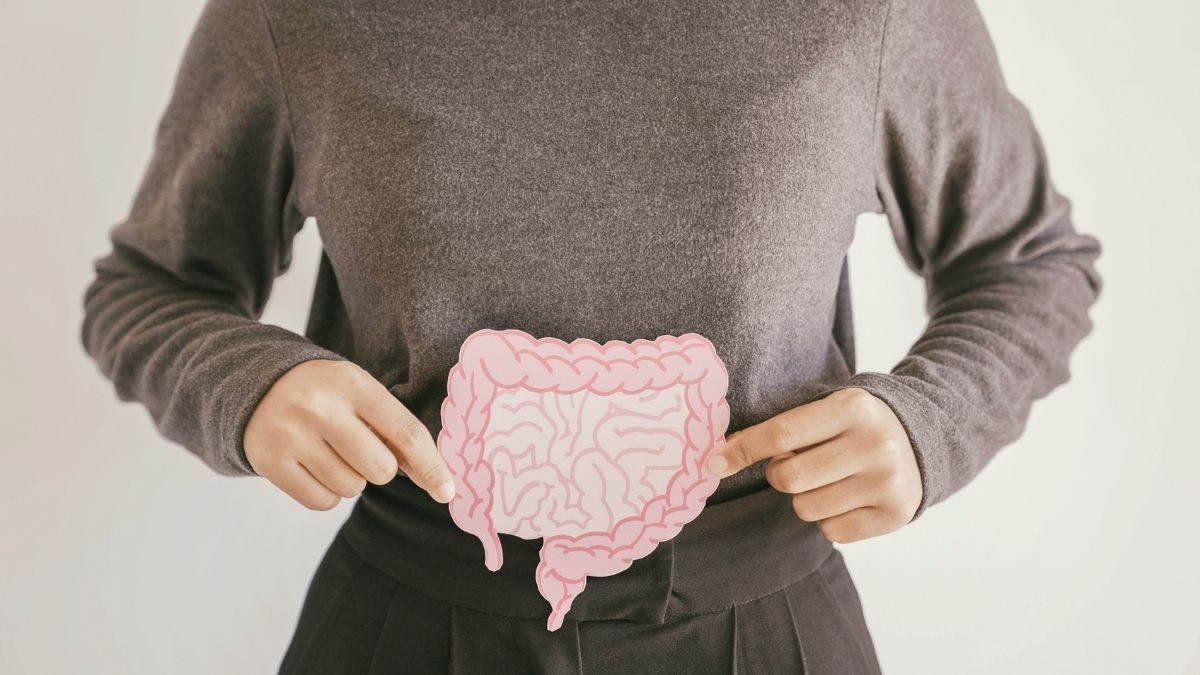
This microbiome shift is arguably the most important long-term change for your health. Your gut controls more than digestion—it affects your immune system, mood, and disease risk.
Months 2-3: Cardiovascular and Metabolic Changes
By month two, your doctor would see measurable changes in your blood work.
Your LDL cholesterol (the “bad” kind) typically drops 10-15%. This happens because you’re no longer eating dietary cholesterol, and plant fiber binds to cholesterol in your gut. A JAMA study found that plant-based diets reduce cardiovascular disease risk by 16%.
Beyond cholesterol, your blood pressure improves. Blood pressure reductions average 4-7 mmHg systolic. If you had high blood pressure, you’ll notice the biggest changes. This cardiovascular health boost happens fast.

Your body also handles sugar better now. HbA1c (a blood sugar marker) improves by an average of 0.5 points. This means better insulin sensitivity. Your cells respond to insulin more efficiently.
In addition to these heart benefits, athletic recovery speeds up. Runners report feeling less sore after long runs. The plant-based diet effects on body include less inflammation, which means faster muscle repair.

Your energy levels stabilize at a higher baseline. No more afternoon crashes. The health benefits compound from here.
These aren’t just numbers—they translate to real risk reduction for heart disease and diabetes. Every point matters.
Months 4-6: Body Composition and Hormonal Balance
Half a year in, the changes feel less like an adaptation and more like your new normal.
You can keep all your muscle with the right protein intake. Plant-based athletes maintain the same muscle mass with 1.6-2.2g protein per kg of body weight. Muscle maintenance isn’t a problem when you eat enough beans, lentils, tofu, and whole grains. The protein myth is just that—a myth.
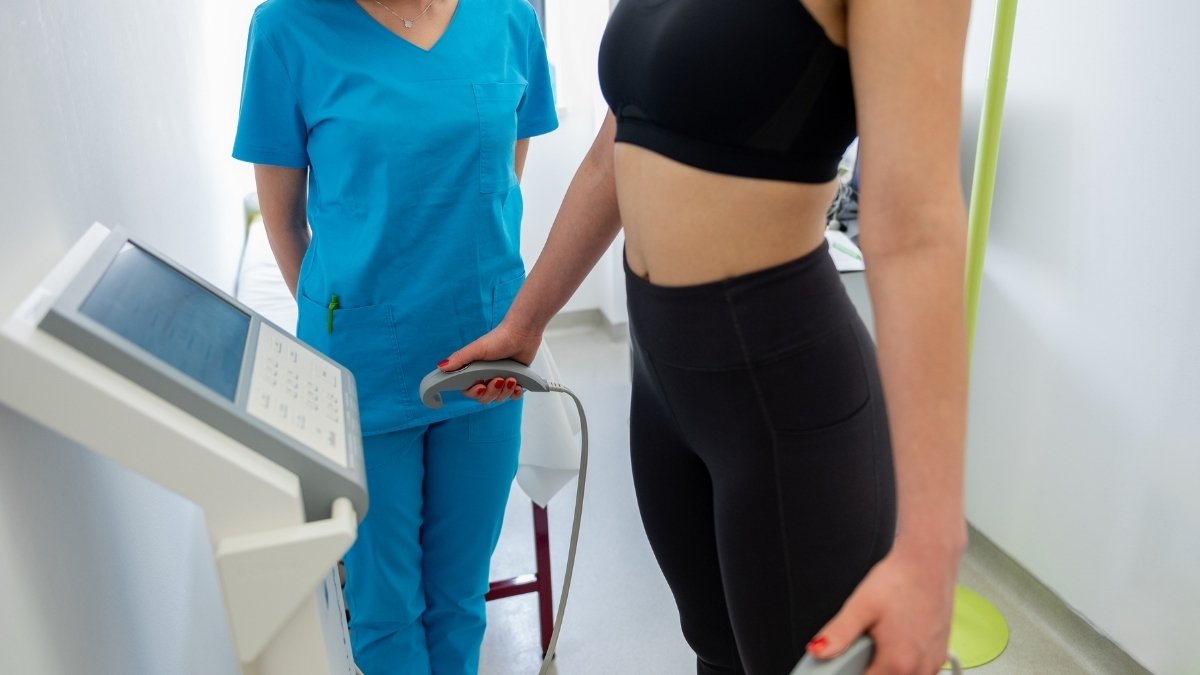
While your body composition changes, your fat percentage typically drops 2-4%. This happens even without counting calories. Less saturated fat means your body holds less excess fat.
Simultaneously, your hormones shift in positive ways. Research shows phytoestrogens may help balance hormones but don’t negatively affect testosterone. Women often report more regular cycles after transitioning to plant-based diet.
Your taste buds have permanently changed. Meat starts tasting too salty or heavy when you try it again. Your palate now prefers lighter, fresher flavors. This isn’t willpower—it’s biology.

Your immune system is stronger too. Cold and flu frequency decreases by 40% in some studies. These long-term effects keep building.
At this point, most people report they can’t imagine going back. This is who you are now.
What the Science Says: Long-Term Health Outcomes
Beyond the first few months, the long-term data is even more compelling.
A long-term plant-based diet cuts cancer risk significantly. The World Cancer Research Fund found that colorectal cancer risk reduces by 22% with plant-based eating. This disease prevention effect comes from fiber, antioxidants, and less processed meat exposure.
Furthermore, people on plant-based diets live longer. The Adventist Health Study shows vegetarians live 7.3 years longer on average. Blue Zones (areas with the most centenarians) all eat mostly plants. Longevity isn’t just about genes—it’s about what you eat.

Additional research shows brain health benefits. The MIND diet (plant-heavy) reduces Alzheimer’s risk by 53%. Your brain stays sharper longer. Cognitive decline slows down.
Your kidneys work better too. Plant protein is easier on kidney function than animal protein. This matters as you age.
Here’s something fascinating: your biological age may decrease even as your calendar age increases. The health benefits of eating plants can actually reverse some aging markers.

Decades of research consistently point in the same direction. Plants protect. Meat increases risk. The data is clear.
Lastly,
The plant-based diet effects on body follow a clear timeline. Your digestion changes within 24 hours. Energy dips in week one, then rebounds by week three. Your gut transforms in the first month. Blood work improves by month two. By six months, you’re a different person.
The challenges are temporary. The benefits last. Yes, you might feel tired at first. You’ll deal with gas and bloating. Meat cravings will hit hard around day five. But these pass quickly. The improvements—lower cholesterol, better blood pressure, reduced disease risk—those stick around.

Your experience won’t match someone else’s exactly. Some people feel amazing immediately. Others struggle for two weeks. But the patterns hold true across millions of people who’ve made this change.
If you’re considering the switch from meat to plant-based diet, start with one meat-free day per week. Track how you feel. Listen to your body. Adjust as needed. The transition doesn’t have to be perfect—it just has to move forward.
Your body is remarkably adaptable. Give it the timeline it needs, the nutrients it requires, and it will reward you with changes you can feel. The science backs this up. Your body will too.





